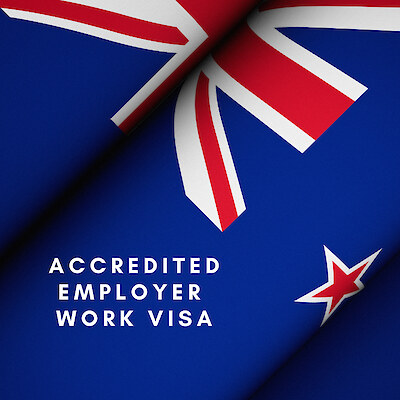When is a 'trial' really employment?

If an employer wants to test a prospective employee’s suitability for the role, they can, and should, use an employment agreement which includes a 90-day trial period.
Employers should never have a work trial (i.e. a one-off shift) before the employment agreement has been signed by their employee. This can be a costly mistake!
A Quick Guide to Restructuring

The current economic climate in NZ means employers are facing the challenges of rising costs. As a result we are seeing organisational restructures becoming more common as businesses look at ways to reduce costs and/or increase efficiency.
The starting point is that an employer is entitled to reduce its workforce if it does not have the work available. Likewise employers can also make changes to their organisation to make it more efficient or more profitable.
However employers do need to ensure that the restructure is substantively justified and the process followed is fair otherwise they risk personal grievances being raised.
Business Restructures - Get it Right

Employers often look to restructures when economic uncertainty is looming. With that in mind it is vital employers fully understand their legal requirements if looking to restructure and make staff changes.
The Accredited Employer Work Visa (AEWV)

On 4 July 2022, Immigration New Zealand introduced the new Accredited Employer Work Visa. In short, where genuine skill or labour shortages exist, accredited employers can hire skilled migrant workers using the AEWV.
This Visa requires employers who are wanting to employ migrants to become accredited. Once accredited, the employer can invite migrants to apply for the job which will allow the migrant to apply for a visa within NZ, including through the new Accredited Employer Work Visa.
What should I be paid if I am on call on a public holiday?

The rules for paying an employee who is on call on a public holiday are set out in the Employment Relations Act 2000. What has to be paid depends on a number of factors including whether the employee was or was not called in to work on the public holiday, and if not called in to work, whether the conditions and restrictions of the call-out arrangement limited the employees activities.
